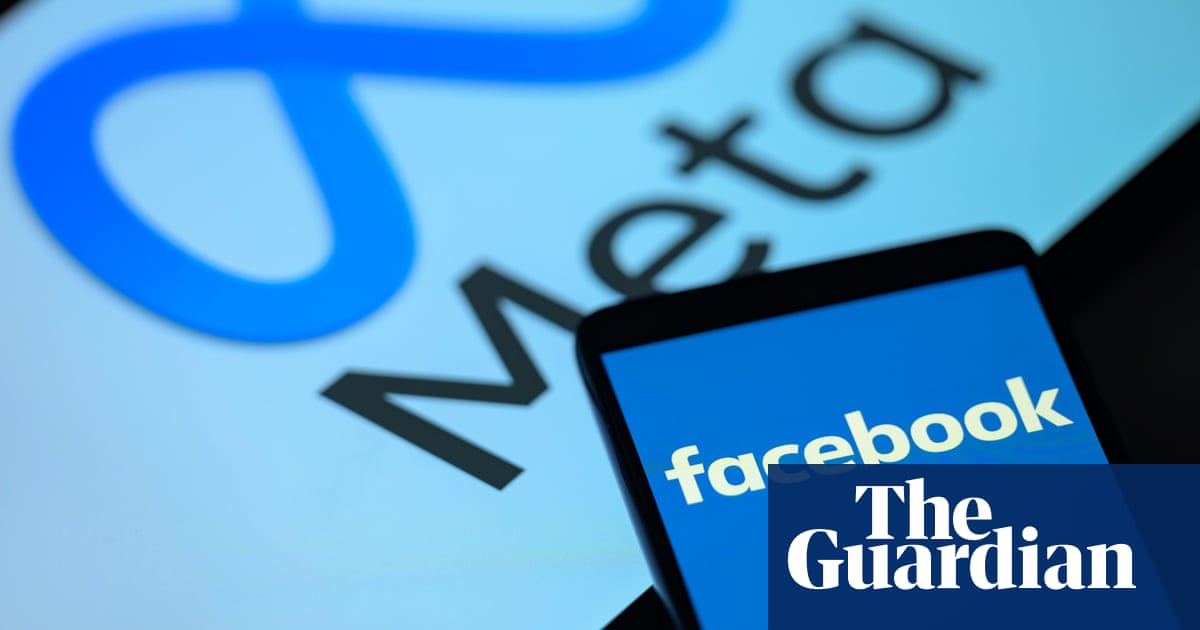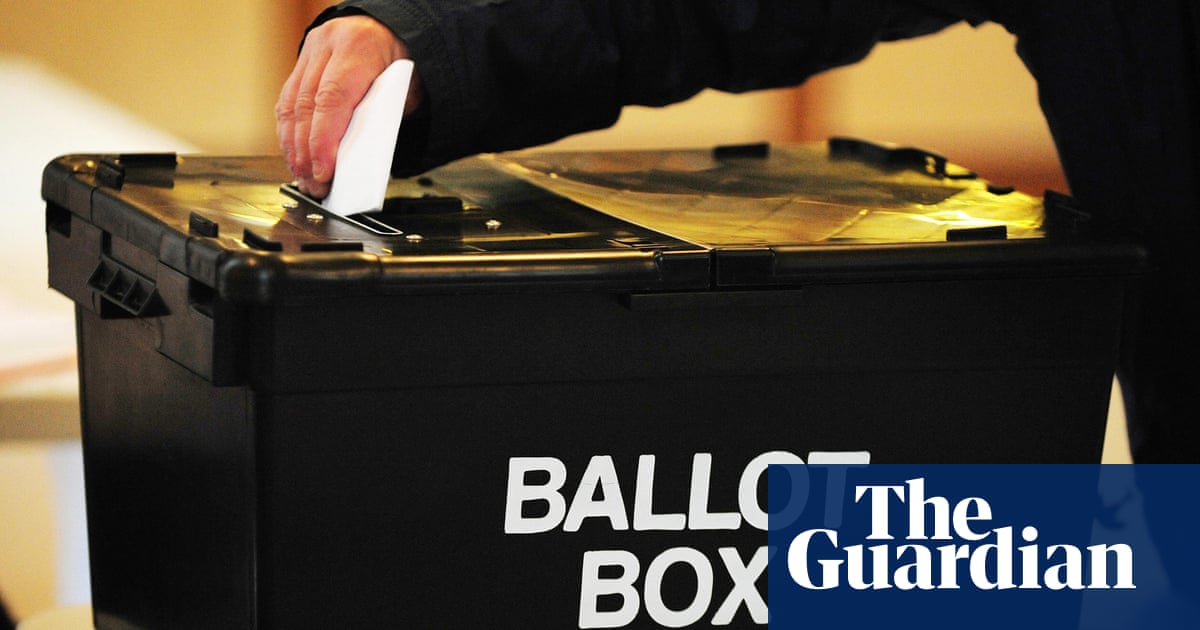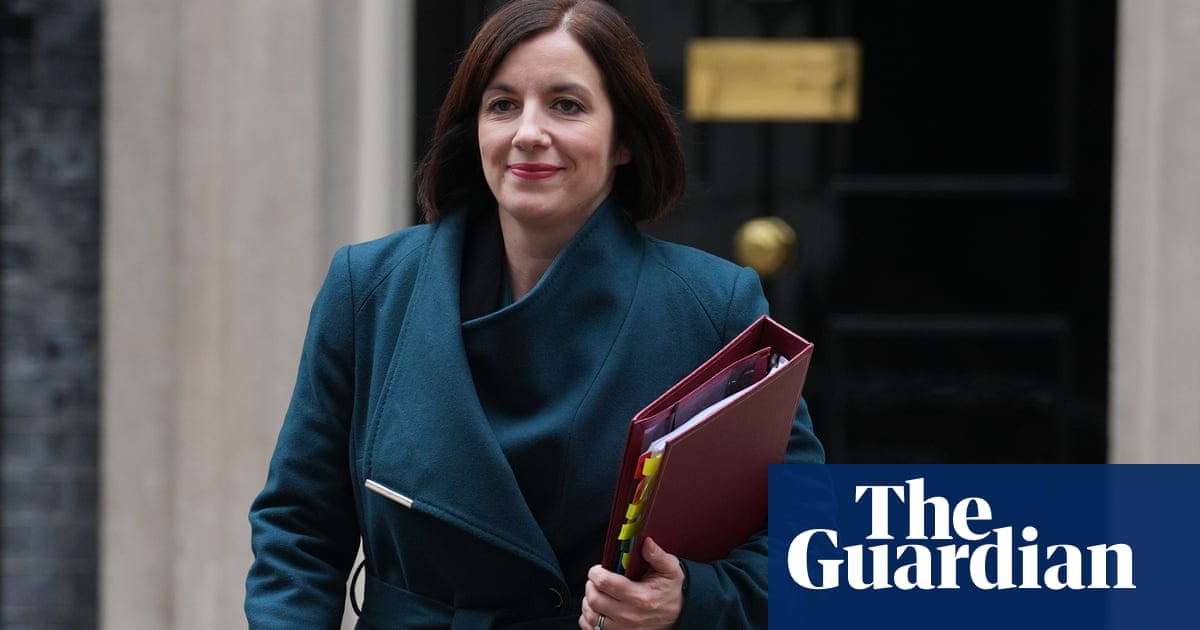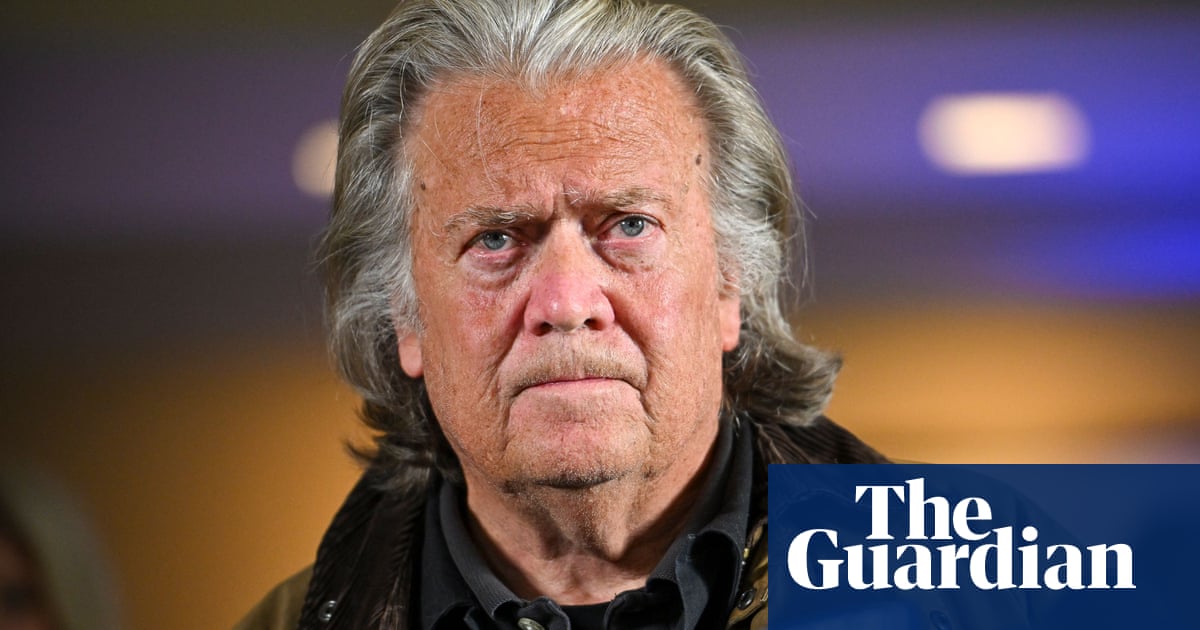White House says Joe Biden pardoned Hunter to protect him from future persecution by political opponents
The White House said on Monday that president Joe Biden pardoned his son Hunter in part to protect him from future persecution from political opponents, but his move drew fierce criticism, with some Democrats saying it undermined public trust in the rule of law.
Biden, a Democrat whose term ends on 20 January when Republican president-elect Donald Trump takes office, signed an unconditional pardon for Hunter Biden on Sunday and said he believed his son had been selectively prosecuted and targeted unfairly by the president’s political opponents.
His surprise move was panned by his Republican political opposition, but also by Democrats who said it eroded trust in the judicial system, a concept Biden and his party had used to criticize Trump, Reuters reports.
Hunter was prosecuted for tax offenses and charges related to possession of a firearm after being targeted for years by Republicans in Congress who accused him of making business deals using his father’s name but failed to establish any clear connections.
White House spokesperson Karine Jean-Pierre on Monday defended the president’s action and said Biden believed Hunter faced further grief from his adversaries, who she did not name. Jean-Pierre was among the White House officials who had repeatedly said in the past Biden would not pardon his son.
“One of the reasons the president did the pardon is because they didn’t seem like – his political … opponents – would let go of it. It didn’t seem like they would move on,” she told reporters on Air Force One during a trip to Angola. “They would continue to go after his son. That’s what he believed.”
Jean-Pierre stressed this was not the first time a president had pardoned a family member. Bill Clinton pardoned his half-brother Roger before he left office, and Trump his daughter’s father-in-law, Charles Kushner.
Meanwhile, Donald Trump hinted that the pardon would pave the way for clemency for the January 6 rioters. My colleague Robert Tait writes:
Donald Trump seized on Hunter Biden’s pardon to drop one of his strongest hints yet that he intends to grant clemency to at least some of the instigators and participants of the January 6 attack on the US Capitol by a mob trying to overturn his 2020 election defeat.
“Does the Pardon given by Joe to Hunter include the J-6 Hostages, who have now been imprisoned for years? Such an abuse and miscarriage of Justice!” the US president-elect posted on his Truth Social platform.
It was the latest in a series of supportive comments by Trump on behalf of those convicted for their part in the onslaught, which resulted in the deaths of five people at the time. Additionally, four police officers involved in trying to beat back the rioters killed themselves in the days and months after the attack.
Now the granting of a pardon by the sitting president, Joe Biden, to his son appears to have been taken by Trump as a fresh justification.
The 2021 assault spawned one of the biggest criminal investigations in US history, resulting in federal charges being filed against nearly 1,500 people. About 1,000 have either been found guilty or pleaded guilty.
Key events Show key events only Please turn on JavaScript to use this feature
Republican senator Ted Cruz has urged US officials to investigate whether European governments have tried to unduly influence the country’s laws around artificial intelligence.
Britain hosted the world’s first global AI safety summit last year, bringing tech executives, world leaders and academics together to discuss a coordinated approach on regulation. Some countries have since set up their own AI safety institutes, which have continued to share expertise across borders.
Cruz, who ran against Donald Trump in the Republican Party’s 2016 race for presidential nominee, is among the party’s most influential senators. He has been a vocal critic of president Joe Biden’s approach to tech regulation, reports Reuters.
In a letter addressed to US attorney general Merrick Garland, dated 21 November but only made public on Monday, Cruz said European governments had imposed heavy-handed regulations on American AI companies abroad, and were now trying to steer the direction of AI regulations at home.
Cruz described these regulations as “onerous” and a product of the “radical left”. “While the Biden-Harris administration may not want to inform the American people of just how closely they are collaborating with foreign governments, at the very least, the American people have a right to know what foreign actors are trying to impose these radical regulations on American companies,” Cruz wrote.
The European Union has led the global charge for regulations tailored to AI technology, having this year passed the AI act, the world’s first sweeping set of laws governing the technology.
My colleague Rachel Savage has more on Joe Biden’s visit to Angola here:
Beijing said Tuesday it would restrict exports to the United States of some key components in making semiconductors, after Washington announced curbs targeting China’s ability to make advanced chips.
Among the materials banned from export are metals gallium, antimony and germanium, Beijing’s commerce ministry said in a statement that cited “national security” concerns, reports AFP.
Exports of graphite, another key component, will also be subject to “stricter reviews of end-users and end-uses”, the ministry said.
“To safeguard national security interests and fulfil international obligations such as non-proliferation, China has decided to strengthen export controls on relevant dual-use items to the United States,” Beijing said.
“Any organisation or individual in any country or region violating the relevant regulations will be held accountable according to the law,” it added.
In its own latest curbs, Washington on Monday announced restrictions on sales to 140 companies, including Chinese chip firms Piotech and SiCarrier, without additional permission.
They also impact Naura Technology Group, which makes chip production equipment, according to the US Commerce Department.
The move expands Washington’s efforts to curb exports of state-of-the-art chips to China, which can be used in advanced weapons systems and artificial intelligence.
The new US rules also include controls on two dozen types of chip-making equipment and three kinds of software tools for developing or producing semiconductors.
Donald Trump announced on Monday he has picked investment banker and Republican mega-donor Warren Stephens to serve as ambassador to the UK, reports my colleague Alice Herman.
“Warren has always dreamed of serving the United States full-time,” wrote Trump in a social media post. “I am thrilled that he will now have that opportunity as the top Diplomat, representing the U.S.A. to one of America’s most cherished and beloved Allies.”
Stephens is chair, president and CEO of Stephens Inc, a privately owned financial services firm headquartered in Little Rock, Arkansas, according to the firm’s website.
Joe Biden is using the first visit to Angola by a US president to promote Washington’s investments in the country and see a slavery museum where he’ll acknowledge the trafficking of human beings that once linked the two nations’ economies.
A centerpiece of his trip is showcasing a US commitment of $3bn for the Lobito Corridor, a railway redevelopment linking Zambia, Congo and Angola that is meant to make it far easier to move raw materials in the continent and for export. The project also has drawn financing from the European Union, the Group of Seven leading industrialized nations, a western-led private consortium and African banks, reports Associated Press.
The project aims to advance the US presence in a region rich in critical minerals used in batteries for electric vehicles, electronic devices and clean energy technologies and to counter China’s heavy investments in mining and processing African minerals.
The US has for years built relations in Africa through trade, security and humanitarian aid. The 800-mile (1,300-kilometer) railway upgrade is a different move and has shades of China’s Belt and Road infrastructure strategy in Africa and other parts of the world.
Biden is to fly to the Angolan coastal city of Lobito on Wednesday for a first-hand look at a port terminal that is the Atlantic Ocean outlet for the corridor.
White House national security spokesperson John Kirby said the Biden administration “has absolutely transformed” US-Africa relations and that the corridor’s completion is “going to take years but there’s already been a lot of work put in”.
That means much of it may fall to Biden’s successor, Republican Donald Trump, who takes office on 20 January. Asked whether the project could proceed without future support from Trump, Kirby said it was “our fervent hope that as the new team comes in and takes a look at this that they see the value too, that they see how it will help drive a more secure, more prosperous, more economically stable continent”.
White House says Joe Biden pardoned Hunter to protect him from future persecution by political opponents
The White House said on Monday that president Joe Biden pardoned his son Hunter in part to protect him from future persecution from political opponents, but his move drew fierce criticism, with some Democrats saying it undermined public trust in the rule of law.
Biden, a Democrat whose term ends on 20 January when Republican president-elect Donald Trump takes office, signed an unconditional pardon for Hunter Biden on Sunday and said he believed his son had been selectively prosecuted and targeted unfairly by the president’s political opponents.
His surprise move was panned by his Republican political opposition, but also by Democrats who said it eroded trust in the judicial system, a concept Biden and his party had used to criticize Trump, Reuters reports.
Hunter was prosecuted for tax offenses and charges related to possession of a firearm after being targeted for years by Republicans in Congress who accused him of making business deals using his father’s name but failed to establish any clear connections.
White House spokesperson Karine Jean-Pierre on Monday defended the president’s action and said Biden believed Hunter faced further grief from his adversaries, who she did not name. Jean-Pierre was among the White House officials who had repeatedly said in the past Biden would not pardon his son.
“One of the reasons the president did the pardon is because they didn’t seem like – his political … opponents – would let go of it. It didn’t seem like they would move on,” she told reporters on Air Force One during a trip to Angola. “They would continue to go after his son. That’s what he believed.”
Jean-Pierre stressed this was not the first time a president had pardoned a family member. Bill Clinton pardoned his half-brother Roger before he left office, and Trump his daughter’s father-in-law, Charles Kushner.
Meanwhile, Donald Trump hinted that the pardon would pave the way for clemency for the January 6 rioters. My colleague Robert Tait writes:
Donald Trump seized on Hunter Biden’s pardon to drop one of his strongest hints yet that he intends to grant clemency to at least some of the instigators and participants of the January 6 attack on the US Capitol by a mob trying to overturn his 2020 election defeat.
“Does the Pardon given by Joe to Hunter include the J-6 Hostages, who have now been imprisoned for years? Such an abuse and miscarriage of Justice!” the US president-elect posted on his Truth Social platform.
It was the latest in a series of supportive comments by Trump on behalf of those convicted for their part in the onslaught, which resulted in the deaths of five people at the time. Additionally, four police officers involved in trying to beat back the rioters killed themselves in the days and months after the attack.
Now the granting of a pardon by the sitting president, Joe Biden, to his son appears to have been taken by Trump as a fresh justification.
The 2021 assault spawned one of the biggest criminal investigations in US history, resulting in federal charges being filed against nearly 1,500 people. About 1,000 have either been found guilty or pleaded guilty.

.png) 1 month ago
8
1 month ago
8













































